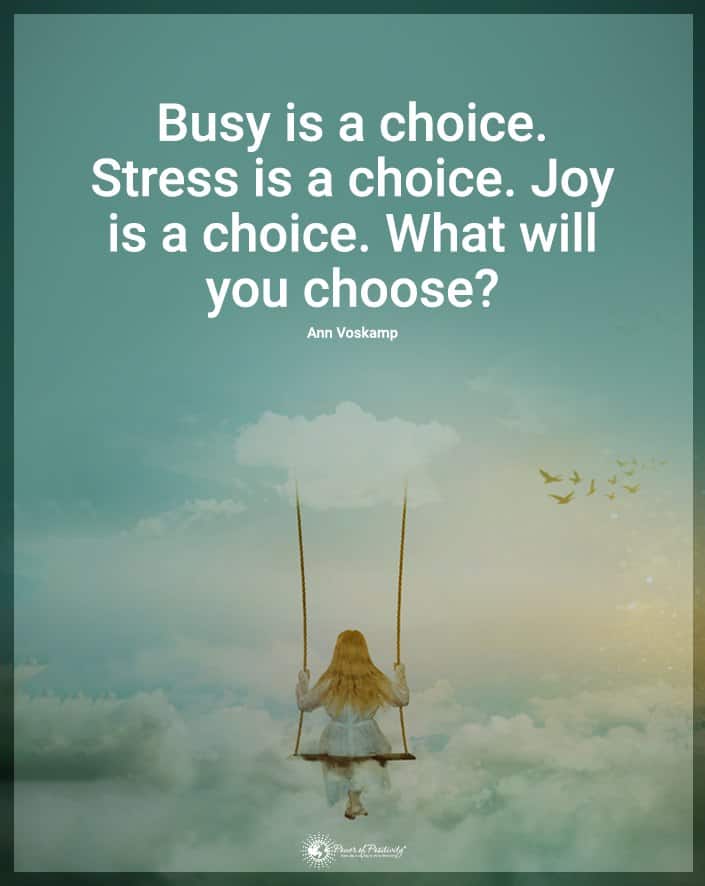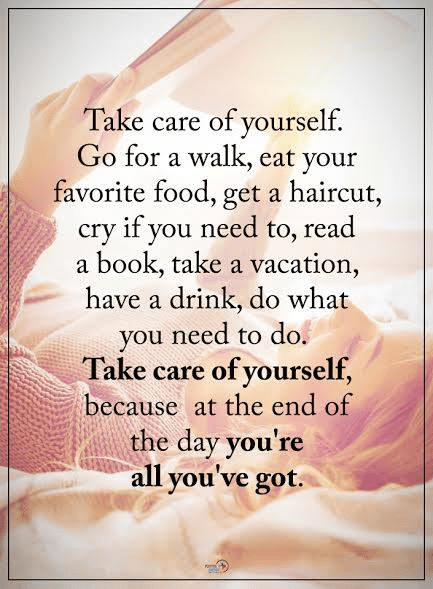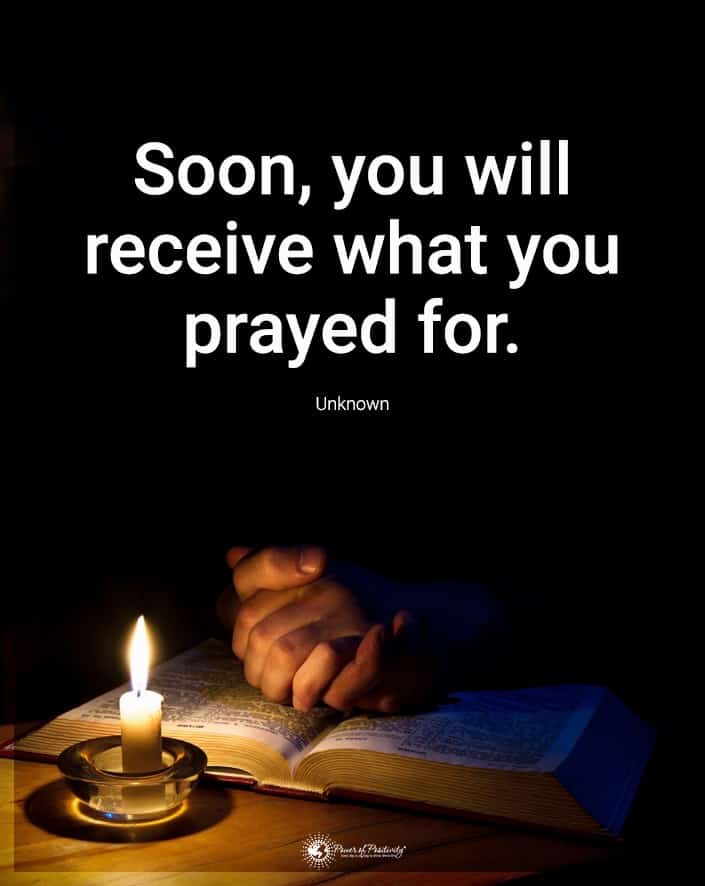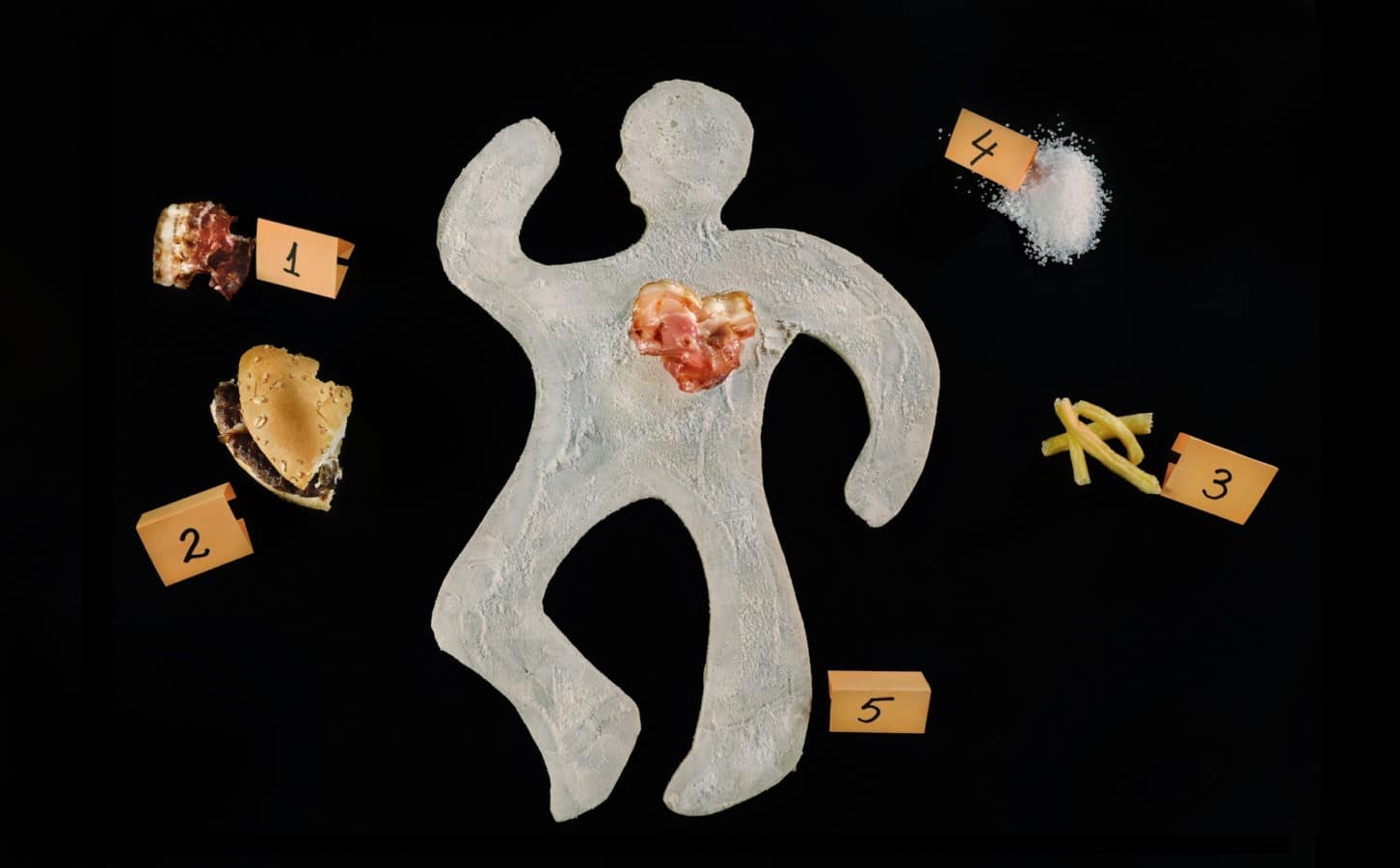What is the first thing you think about when you wake up in the morning?
For a lot of people, the answer varies. Most people might think that a lot of people wake up thinking about certain intimate situations – but that’s not true! In fact, researchers have long been trying to find an answer to this, and multiple studies have been conducted.
“If it has to happen, then it has to happen first.” – Laura Vanderkam
The answer isn’t always the same for everyone, but researchers have finally pinpointed the first few things that many people think of first thing in the morning. Is your “first thing” on this list? Or maybe you have something completely different on your mind when you wake up in the morning? Check out what researchers have discovered and find out.
Here Are 4 Things People Think About When They Wake Up
1. Your phone
Yep. In this day and age, researchers have discovered that most people think about their phone upon waking up. And this isn’t really all that surprising. With the long way that technology has come these days, waking up and thinking of your phone is pretty normal.
According to a study conducted by the Bank of America termed ‘Trends in Consumer Mobility Report’, “This year’s results demonstrate the notable impact that mobile devices increasingly have on our daily lives. For many, it’s the first and last interaction of the day.”
Most people own some kind of smart phone device, no matter the brand or operating system. With that little computer in your pocket, of course it’s going to be one of the first things that you think about. All of your emails, dates, messages, and events are going to be organized easily in your phone. The first thing most people do when they start the day is open up their phone and check and see what’s going on before they get out of bed.
2. Money and work
If you work a 9 to 5 job, five days a week, you’re probably thinking about money or work upon first waking up. After all, there’s very little time between when you wake up and when you have to start your day and get ready to go to work. It’s where you spend a majority of your day, and do a majority of your socializing.
A survey showed that 56 percent of men and 48 percent of women were thinking of their jobs or money upon first waking up in the morning. Not only that, but people who woke up and thought of their job or money first thing, were more likely to hit the snooze button a couple of times before actually motivating themselves to get out of bed.
3. Significant other
Whether the relationship is new, old, long-term, casual, or married for 10 years, one of the first things that people think of in the morning is their significant other. This almost goes hand-in-hand with people who think of their phones the first thing in the morning – a lot of people are rolling over to find their phone so they can check their messages for something from their significant other! If you share a bed with your significant other, the first thing that most people notice is whether or not they’re still in bed with them, which brings them to the forefront of their mind in the morning.
4. To-do list
Not a real to-do list, of course, but rather, a mental one. Most women wake up and the first thing that they think about is all of the things that they have to do for the day, including chores around the house, things they have to do for their families, children or significant others, and errands that need to be run. Or, they think of things they have to do to get ready for work, or what they have to do at work. Most men don’t report having a mental to-do list in their heads first thing upon waking up, but many women have.
Final thoughts
Sound familiar? Are you a person who wakes up thinking about their phone, or maybe you’re the type of person who wakes up thinking about how many minutes to the second you have until you have to be at work? Or, perhaps you’re the type of person to think about your significant other. Many people think about many different things upon waking up, and a lot of people don’t even have something on this list that they think about in the mornings. It just goes to show the interesting trends and familiar thoughts that a lot of people have and share.










